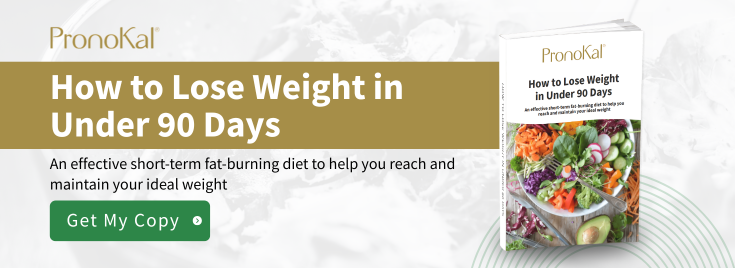Unlock the potential of your fertility journey with an effective IVF weight loss diet tailored for better outcomes.
Understanding the Link Between Weight and Fertility
Weight plays a significant role in fertility, impacting both natural conception and the success rates of IVF treatments. Excess weight, particularly around the abdomen, can lead to hormone imbalance, irregular menstrual cycles, and problems with ovulation. By achieving a healthy weight, women can improve their hormone balance and enhance their fertility. Rapid weight loss and fertility are often linked, as even a modest reduction in weight can result in significant improvements in reproductive health.
For men, weight loss can also positively impact fertility by improving sperm quality and motility. Furthermore, a healthy weight enhances overall well-being, increasing the chances of a successful pregnancy and a healthy baby.
The Role of the Keto Diet in IVF Weight Loss
The keto diet, characterised by a low carbohydrate intake, has gained popularity for its effectiveness in promoting rapid weight loss. This diet induces a state of ketosis, where the body burns fat for energy instead of carbohydrates. For individuals preparing for IVF, the keto diet can be particularly beneficial as it helps achieve weight loss goals efficiently.
By reducing carbohydrate intake, the keto diet stabilises blood sugar levels and minimises insulin spikes; this is crucial for hormone balance. A low-fat keto diet not only aids in weight loss for fertility but also supports overall metabolic health. However, it is essential to undertake such a diet under medical supervision to ensure it meets nutritional needs and supports IVF success.
Essential Nutrients for IVF Success
A balanced diet rich in essential nutrients is vital for supporting reproductive health and IVF success. Key nutrients include folic acid, which is crucial for foetal development, and antioxidants like vitamins C and E, which protect cells from oxidative stress. Omega-3 fatty acids, found in fatty fish and flaxseeds, support hormone balance and reduce inflammation.
In addition to these nutrients, protein intake is essential for cell repair and growth. Incorporating a variety of nutrient-dense foods, such as leafy greens, nuts, seeds, and lean proteins, ensures that the body has all it needs for a successful IVF cycle. A strategic diet that prioritises these nutrients can enhance fertility and the chances of a healthy pregnancy.
Creating a Sustainable IVF Weight Loss Plan
A sustainable IVF weight loss plan should be comprehensive, incorporating dietary changes, exercise, and lifestyle modifications. Begin by setting realistic weight loss goals and tracking your progress. A medically supervised keto diet can provide the structure and support needed to achieve rapid weight loss while ensuring nutritional adequacy.
Incorporate regular physical activity that you enjoy, such as yoga or brisk walking, to maintain motivation and consistency. Additionally, focus on stress management techniques, such as mindfulness and meditation, to support emotional well-being throughout the IVF journey. By creating a balanced and sustainable plan, you can improve your fertility and increase the chances of a successful IVF outcome.
Consult Dr Philip Bazire for Personalised Guidance on Weight Loss for Fertility
If you're ready to boost your fertility through effective weight management, book a consultation with Dr Philip Bazire today and take the first step towards a healthier, more fulfilling journey to parenthood.





